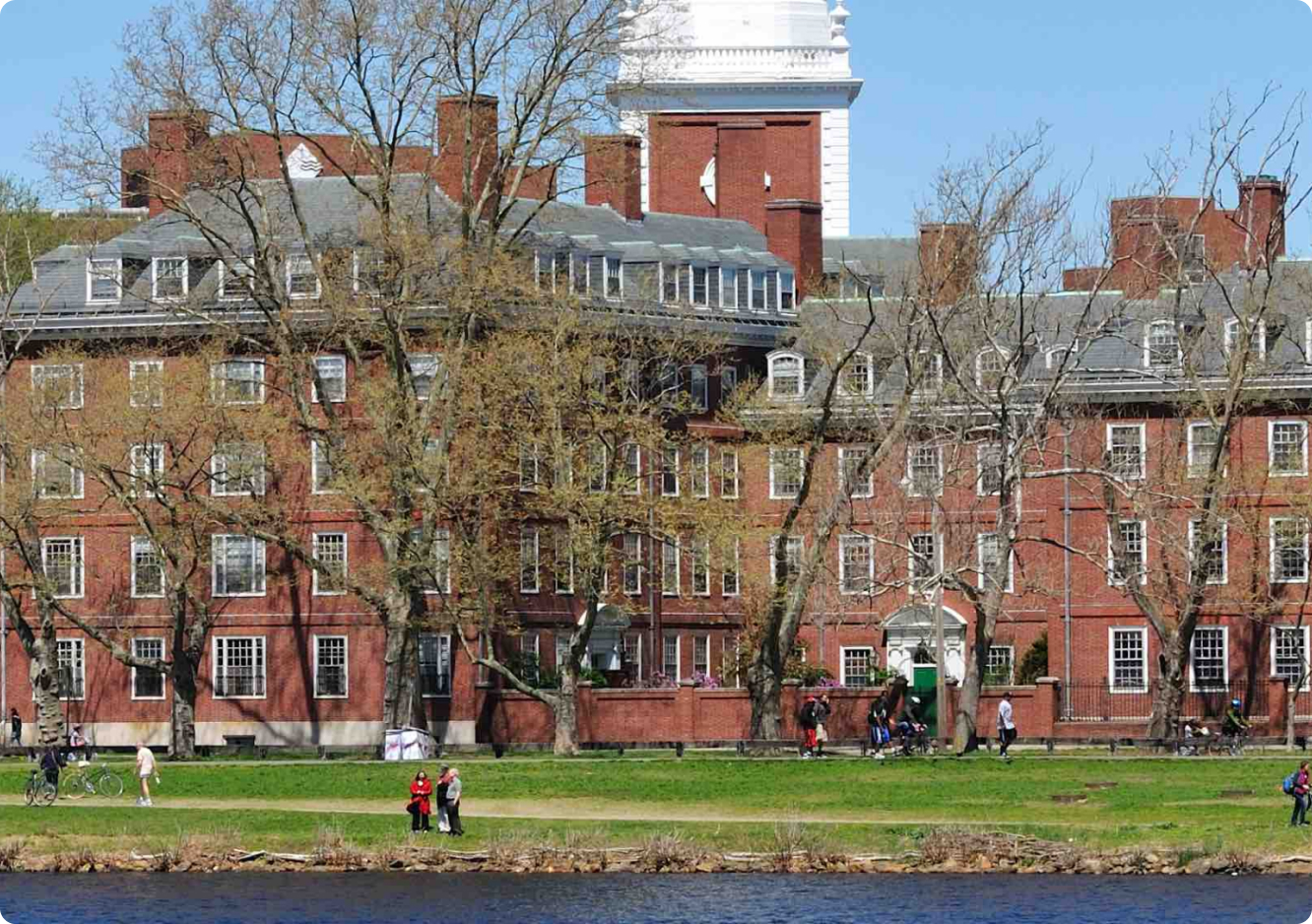
Some college seniors might consider graduate school as an immediate next step after graduation, but it is not uncommon to take one or more gap years before pursuing an advanced degree. Returning to academia after some years out may seem daunting, but there are several ways to make the most of your time away and prepare yourself when you ultimately decide to apply.
Some programs require work experience before applying. Deciding which degree program you want to apply for can help determine how much time you want or need to spend outside of school. You should review the class profile of your program of interest to understand the average amount of work experience incoming students have. You can also look at the program’s employment report to see what graduates do when they graduate. You may discover you need more work experience, or that a different program would be more suitable (for example, a Master in Management rather than an MBA). Alternatively, you may discover that you don’t need a graduate degree to progress in your preferred career track; in this case you will need to convince an admissions committee why they should admit you instead of someone who more obviously could benefit from an advanced degree.
Remember the value of your practical, applicable experience. An advantage to taking some time off before pursuing graduate education is the opportunity to gain valuable experience in the professional world, which you can apply to your studies. Rather than worrying about the time you have spent away from the classroom, focus on how your experience will bring a unique perspective to the class and allow you to better integrate the new information you’ll be learning. Your professional experience also provides you with a chance to test the waters in your actual field and reflect on which degree is right for you.
Reconnect with professors and develop relationships with supervisors. Some schools will require a recommendation from an academic source even if you have already graduated. Reach out to a few professors you were close with and keep them abreast of your current situation; this way, when they compose their letters, they can incorporate your recent accomplishments in addition to your academic history. If you did not keep in touch with your professors, consider that a professional recommendation may be able to speak more strongly to your candidacy. Set aside time with your supervisor to discuss your educational and career goals and seek out opportunities to advance.
Reach out to current students. Speaking with current students from your program of interest can provide insights into what challenges they faced returning to graduate school and how they overcame them. There are several ways to connect with current students: via an “Ask a Student” page on the school’s website, through a student club’s email address, or even by searching LinkedIn.
Identify your academic weaknesses and seek out resources. Applicants often worry that time outside of the classroom has dulled their academic skills, or that they did not take the necessary courses and are unsure how to fill the gap. A good first step is exploring each program’s website to better understand the prerequisites. If you are applying to a quantitatively-rigorous program and don’t have the background, taking courses at a local university or online via edX or Coursera may fulfill missing requirements and strengthen your candidacy. Given most applications require a standardized test score, you may opt to sign up for a prep course or hire a tutor to help you target your areas of improvement and achieve a higher score.

Kristen received a BA from Boston College and an MS from Northeastern University. She has eight years of admissions experience at Massachusetts Institute of Technology, where she was Associate Director of Admissions and co-founded the MBA program.

